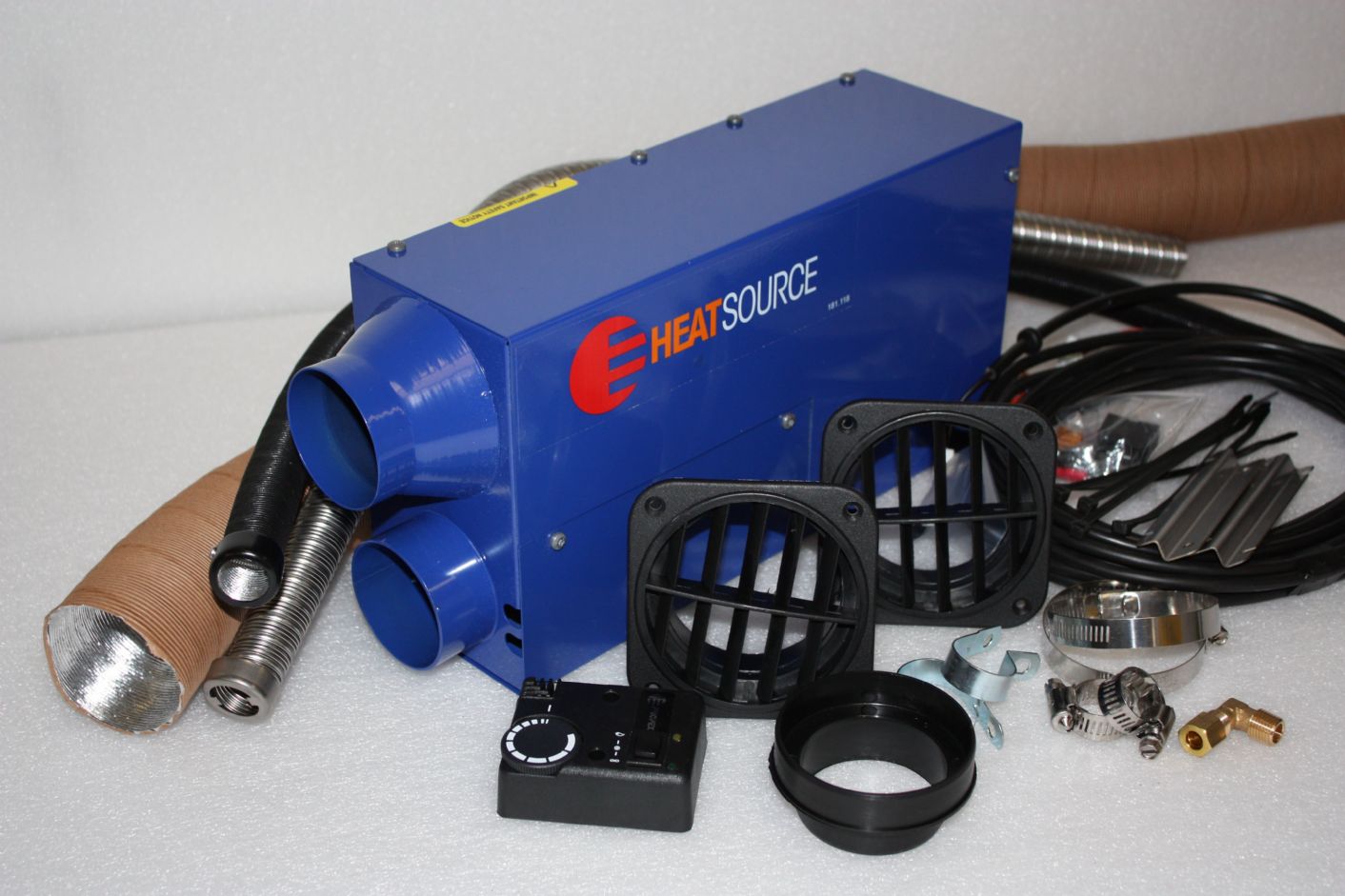lqdchkn
:)
Yes - I thought about starting a new thread entitled "Ways to Heat a Tent: Pros/Cons of Each" but this seems to be the thread that has the most people pitching in with suggestions and ideas. So I decided to just keep posting here. This is a GREAT community of people to learn from, that's for sure! After some cold weather camping and field testing of several options, I'll start a new thread to clean up the loose ends and focus the discussion a bit more.
Totally agree, there.
But this topic is particularly relevant for me since I also have a Buddy and plan to use it in a mostly enclosed camper (DAC Truck bed tent). This board has tons of "Propex" heater topics...Ive seen them a few times over the years and other "heat source" topics but not much on this product. Very interested to how this heater may effect CO, real vs perceived from legal warnings.
Was hoping that someone could/would actually contribute mathematical/test data based on actual combustion or estimated burn rates and room sqft....which is beyond my capabilities



